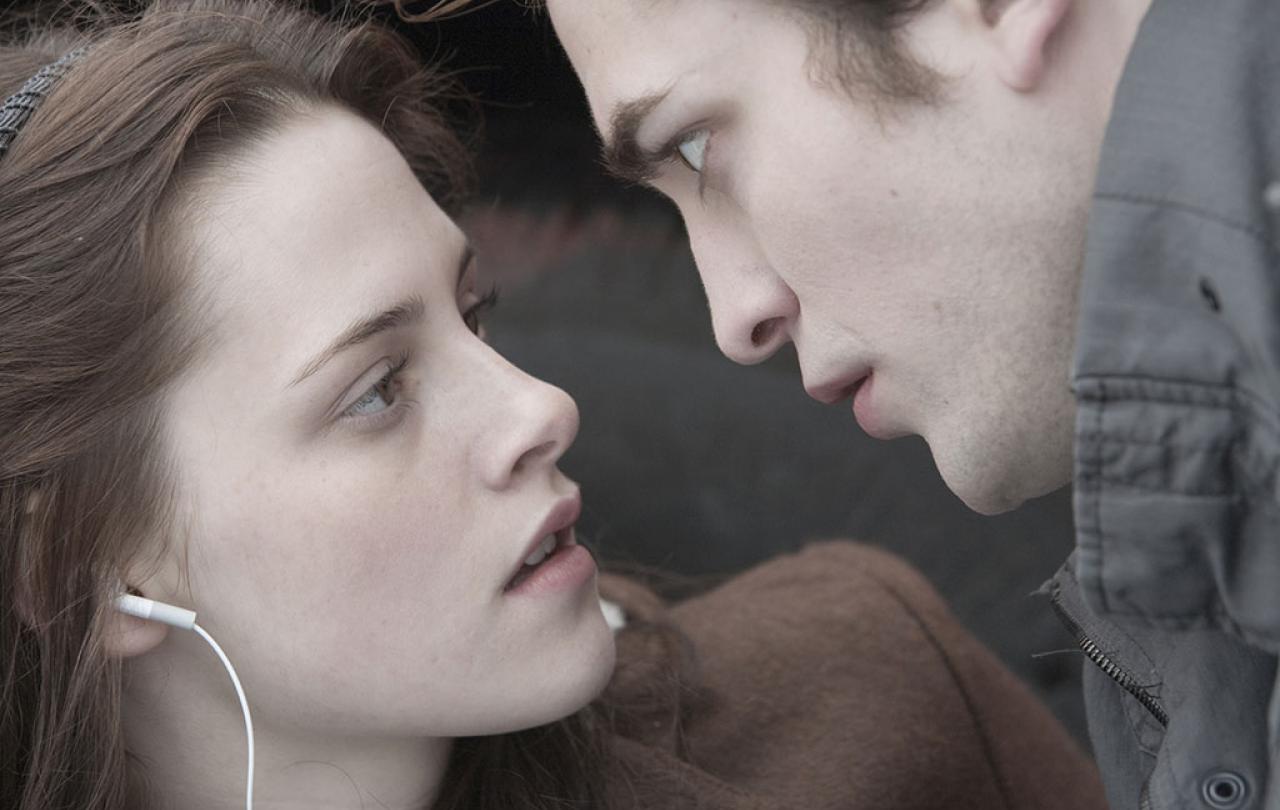News about newspapers is never good news. So, the not wholly unsurprising announcement that London's daily Evening Standard will only be printed weekly comes with sadness. There are fewer commuters and those who are on the tube or overground are making use of the Wi-Fi. Even the paper's editor, Dylan Jones, recently admitted he never reads a print newspaper. These shifts are hardly breaking news anymore, but they do need us to take out our earphones and pay attention.
Earlier this year, as if predicting the newspaper’s daily demise, Lord Hague wrote, 'Even a few years ago you would see, on the London Tube, a high proportion of people reading the Evening Standard, cheek by jowl sharing the commentary on the fortunes of the capital. Today, they sit with headphones on in their fragmented worlds.'
Most of us haven't noticed, because our heads are down staring at our screens, but he's right. Hague argues that we should fight against the plight of local newspapers, but even a recent ‘editorial pivot’ to local London news couldn’t save its daily edition. It's a newspaper known for pivoting a lot over the decades, but this is a step change.
Losing the daily printing of a two-century-old institution is more than the end of an era. Even for someone like me who has lived in London recently, the change in our reading habits that Hague describes is one that is unmistakable. I'm sure I will look wistfully at the empty trays of newspapers, without the obstacle of a newspaper in my face as I descend the steps to the tube.
The people are what makes these institutions: whether it’s the bellowing by the tube at rush hour, or those who write the articles. Journalist Tom Leonard's sepia-toned reflection is that the Standard was 'the closest you could get in the real world to a newspaper in a classic Hollywood film, with reporters and photographers actually rushing out together on stories… and editors actually occasionally saying dramatic things like “hold the front page”.’ But we're losing more than nostalgia, and even more than the life-altering job losses.






